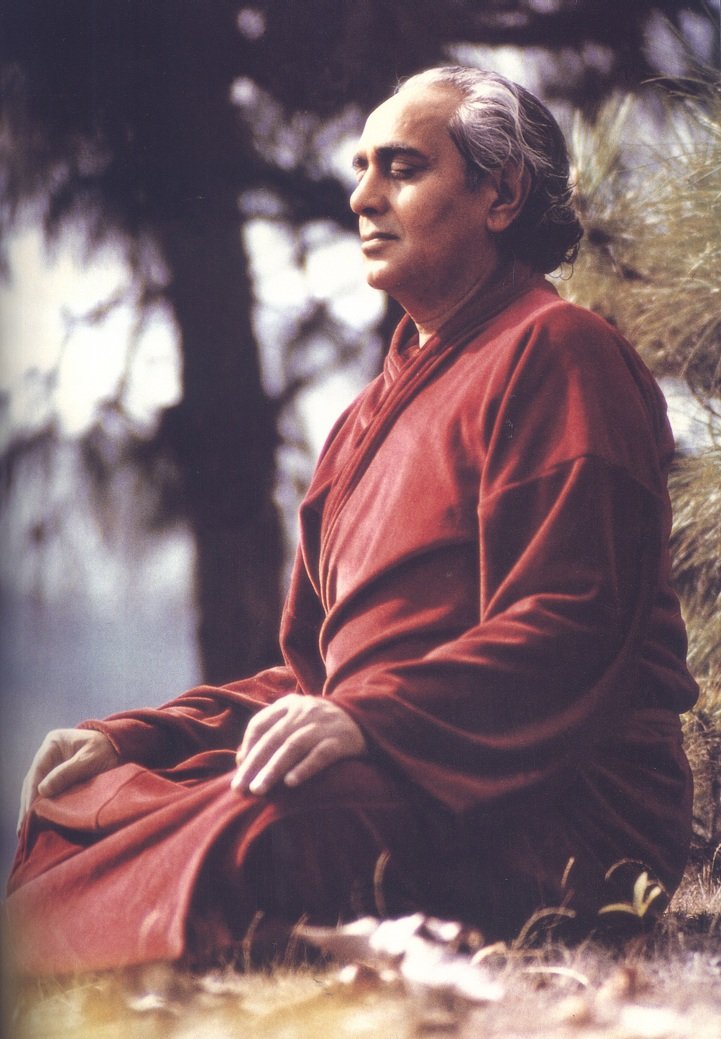Swami Rama
Born in 1925 in Uttar Pradesh to a learned Brahmin family, Swami Rama was raised from early childhood by a great yogi and saint of Bengal who lived in the foothills of the Himalayas. In his youth he practiced the various disciplines of yoga science and philosophy in the traditional monasteries of the Himalayas and studied closely with many spiritual adepts, including Mahatma Gandhi, Sri Aurobindo, and Rabindranath Tagore. He also traveled to Tibet to study with his grandmaster. He received his higher education at Bangalore, Prayaga,Varanasi, and Oxford University, England. At the young age of 24 years he became Shankaracharya of Karvirpitham in South India, succeeding Dr. Kurtkoti to the highest spiritual position in India. During this term he had a tremendous impact on the spiritual customs of that time: he disposed with useless formalities and rituals, made it possible for all segments of society to worship in the temples, and encouraged the instruction of women in meditation. He renounced the dignity and prestige o this high office in 1952 to return to the Himalayas to intensify his meditative practices in the monasteries. After completing a very intense, 11-month meditation and pranayama practice in isolation in a sealed 6′ x 4′ cave with only a single pinpoint of light, he emerged with the determination to serve humanity, particularly to bring the teachings of the East to the West. With the encouragement of his master, Swami Rama began his task by studying Western philosophy and psychology, and teaching Eastern philosophy at many Western universities. He worked as a medical consultant in London and assisted in parapsychological research in Moscow. He then returned to India, where he established a clinic and ashram in Rishikesh. He completed his degree at the medical college in Darbhanga in 1960. Later he went to Japan, where he established a major spiritual center. At the request of his master, he came to the United States in 1969.

